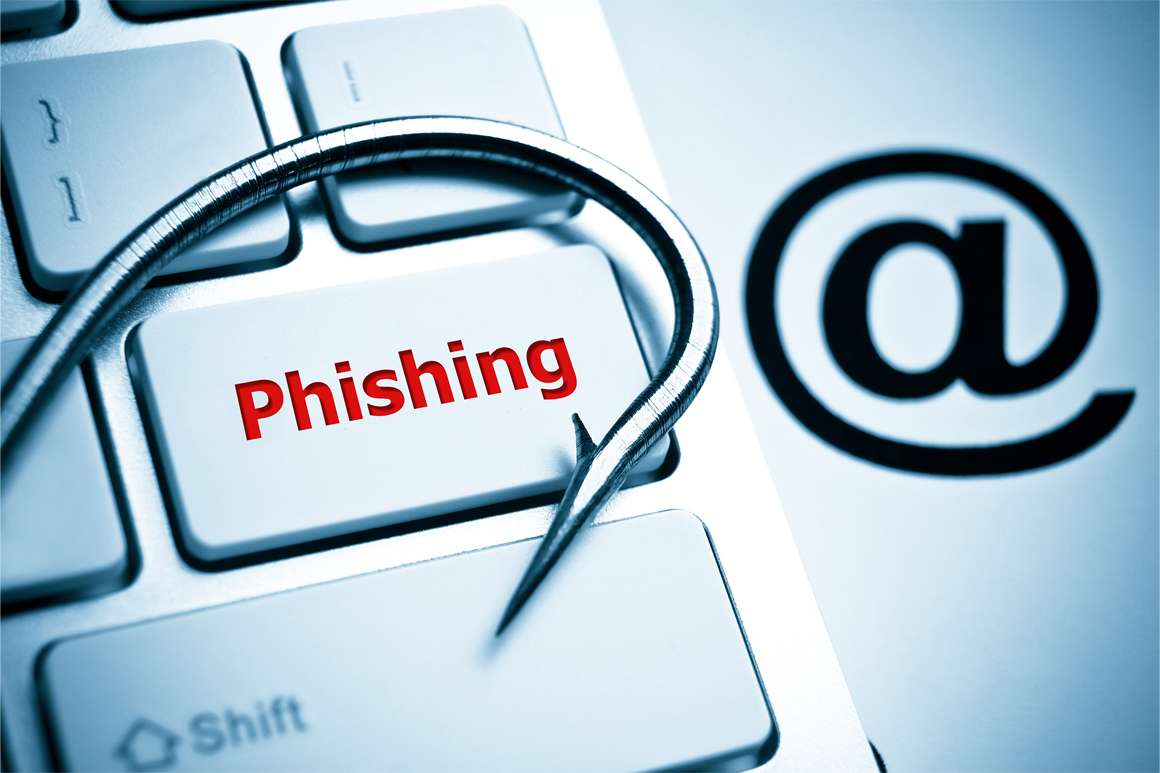
Financial well-being July 16, 2024 By
How safe is your business from cyber threats? Criminals employ sophisticated spear phishing schemes called “spear fishing” to target companies of all sizes, and they can sink your business. Unlike the generic phishing emails many of us are familiar with, spear phishing targets specific individuals or organizations, making it even more difficult to identify fake messages.
What Is Spear Phishing?
Spear phishing is a highly targeted form of phishing where scammers tailor their attacks to specific individuals or organizations with the goal of stealing valuable data or money. Unlike traditional phishing, which casts a wide net with generic emails, spear phishing messages are personalized and appear to come from a trusted source. Scammers gather information about their targets through social media, company websites, or data breaches, making their emails seem more legitimate.
Examples of the Scam*
Example only: Sarah, a marketing manager at a large company, receives an email that appears to be from her CEO. The email requests urgent access to a confidential marketing report for an upcoming board meeting. Sarah, eager to please her boss, clicks on the link provided to access the report. However, the link leads to a duplicated website that steals her login credentials, giving the scammer access to sensitive company data.
Example only: Bob, an accountant at a small business, receives a text message (SMS) that appears to be from his company’s owner. The text explains that the owner is out of the country and urgently needs to wire a large sum of money to a new vendor to secure a crucial contract. The message provides the vendor’s bank account information and urges Bob to act quickly. Bob, trusting the text due to its personalized details and the fact that it seems to be from his boss’s phone number, initiates the wire transfer. Later, he discovers the text was a fake, and the company’s owner never requested the transfer.
Tips for Protecting Yourself
- Double-check email addresses. Pay close attention to the email address, as scammers often use slight variations of legitimate addresses. Hover over the sender’s name to reveal the actual email address.
- Beware of urgency and fear. Scammers often create a sense of urgency or fear to pressure victims into acting quickly. Take a moment to assess the situation before taking any action.
- Never share sensitive information. Do not share login credentials, financial information, or other sensitive data via email unless you are certain of the recipient’s identity.
- Use anti-phishing software. Install reputable anti-phishing software on your devices and keep it up to date. This software can help detect and block malicious emails.
If You’ve Been Scammed
- Change passwords. Update your passwords regularly, every 90 days. If you suspect your login credentials have been compromised, change the passwords for all affected accounts immediately.
- Report the scam. Report the spear phishing attack to your company’s IT department and the Federal Trade Commission (FTC). This can help prevent further attacks and protect others.
- Monitor your accounts. Monitor your financial accounts, credit reports, and business systems closely for unauthorized activity. Report any suspicious transactions or access attempts immediately.
Contact us to learn more about safeguarding your financial information and securing your accounts. Our experts are here to help.
- Examples in this article are for educational purposes only and not First United Bank customer stories.




